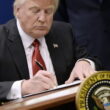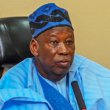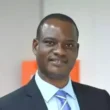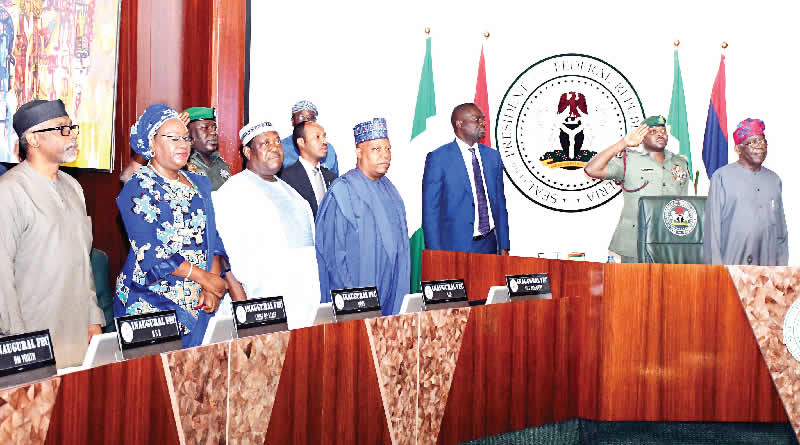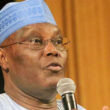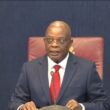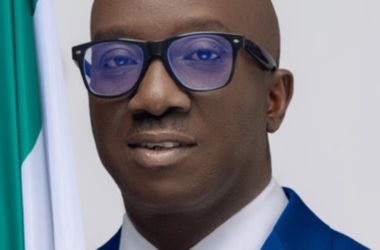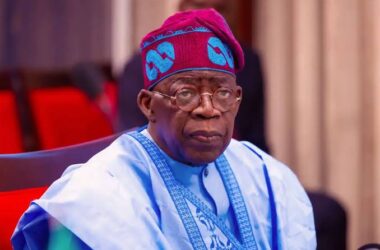The National Economic Council has once again put off discussions on the creation of state police, even as communities across the country continue to suffer deadly attacks. During its 149th meeting held at the Presidential Villa in Abuja, the council failed to address the matter, despite its inclusion on the agenda.
Speaking to journalists after the session, Bayelsa State Governor Duoye Diri revealed that time constraints prevented the council from reaching the item.
“State police was part of our agenda today, but unfortunately, because of time demands, and after a very long meeting, we have been there for a very long time now, the presentations could not get to that point. So, I assure you that in our next meeting, that issue will be exhaustively discussed,” he said.
The NEC, which is meant to meet monthly, has been inconsistent in its gatherings in recent times. Although the need for a decentralised police force was supported by all 36 state governments as early as December, no solid step has been taken since then. The council reconvened briefly in February, but state policing was not discussed.
Meanwhile, Nigeria continues to battle increasing violence. At the meeting, governors observed a minute of silence in memory of lives lost in recent attacks in Plateau, Benue, Borno, and Enugu States. Just weeks ago, an assault on the Zike hamlet in Plateau State claimed over 50 lives, including a family of eight, while homes were set ablaze.
Reacting to the worsening security, the Nigerian Governors’ Forum announced a new committee to work with military and police leaders. The group, led by Kwara State Governor AbdulRahman AbdulRazaq, hopes to find urgent ways to improve safety.
Imo State Governor Hope Uzodimma, who read the forum’s communiqué, noted that the governors also welcomed a presentation from the Chief of Defence Staff on using advanced technology for better threat detection and emergency response.
Uzodimma also shared details about other federal plans. These include a proposed land reform partnership and a deal with Powercom Smart Grid Nigeria Limited aimed at modernising electricity distribution across states.
Kaduna State Governor Uba Sani weighed in on the security crisis, stressing that while governors have limited powers under the constitution, they must still take responsibility at their level. He said, “In my opinion, it’s not an indictment. I do agree that we have a limited role to play concerning the Constitution of Nigeria…”
He added that Nigeria’s security agencies are understaffed, with fewer than 700,000 personnel covering a population of over 230 million. This shortage, he warned, leaves large areas of the country vulnerable to criminal activity.
Governor Sani insisted that state policing is critical and called on security bodies to adopt a combination of military and non-military strategies to protect citizens.


